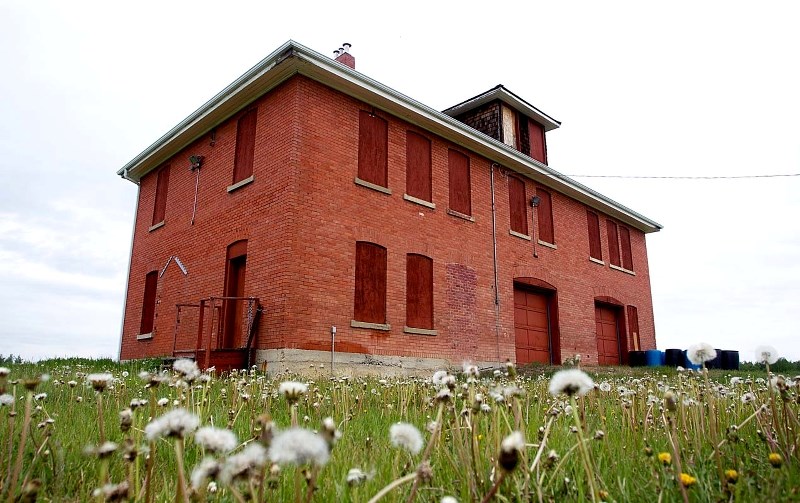It was cultural genocide, and it happened right here in St. Albert.
The Truth and Reconciliation Commission of Canada tabled a 388-page summary of its final report on Canada's residential schools Tuesday. The report is the result of a six-year investigation into one of Canada's most infamous crimes against aboriginal peoples.
"Today I stand before you and acknowledge that what took place in residential schools amounts to nothing short of cultural genocide," said commission chair Justice Murray Sinclair, speaking before a large audience in Ottawa.
"It was nothing less than a systematic and concerted attempt to extinguish the spirit of aboriginal peoples," he continued – one that the presence of thousands of school survivors shows was not successful.
"They are still here."
Local roots
The report details the innumerable cases of mental, physical and sometimes sexual abuse perpetuated against some 150,000 aboriginal students in residential schools between 1883 and 1996.
"Removed from their families and home communities, seven generations of children were denied their identity," Sinclair said.
The report is of direct relevance to St. Albert residents, as this city was once home to two residential schools: the Youville school on Mission Hill and the Edmonton school on what is now the site of Poundmaker's Lodge.
Former Alexander chief Raymond Arcand also helped create the report as a member of the commission's survivor committee prior to his death in 2009.
George and Isabell Muldoe, now of Hazelton, B.C., attended the school from around 1951 to 1962 and testified at the commission's Edmonton hearing. Both have lobbied for decades to raise awareness about residential schools.
The report speaks of how many students were forcefully separated from their parents and taken to the schools, where they were stripped of their belongings and separated from their siblings. Many were physically struck when they spoke their native languages.
At the Edmonton school, boys and girls were physically kept apart all the time, with the girls confined to a fenced-in area outdoors, Isabell said.
"We were fenced in like cows. There was barbed wire all around."
Sisters weren't allowed to talk to brothers without explicit permission from school staff, and even then only in public in the lunchroom, she said.
"It was kind of embarrassing and humiliating."
The report notes that at least 6,000 students died at the schools from disease, weather, starvation, violence and neglect, and were often buried in unmarked graves.
George said he and two other students were ordered to dig several of those graves at the Edmonton school.
He was 13 at the time, and it was minus 28 outside in January. It took three days just to thaw the ground, and there was no casket – just a pine box.
"There was never a preacher."
These students left the schools traumatized and with poor parenting and communication skills, said Brad Cardinal, executive director of Poundmaker's – skills they passed onto their own children. Many of these children end up at places like Poundmaker's suffering from addictions.
"We see PTSD. We see trauma. We see sexual abuse. We see physical abuse, and those all stem from the residential school experience."
Recommendations
The report lists 94 steps that Canadians should take in order to redress these wrongs and create a new relationship of respect with Canada's aboriginal peoples.
"Reconciliation is not an aboriginal problem," Sinclair said.
"It is a Canadian problem. It involves all of us."
Sinclair highlighted the report's call for Canada to fully adopt and implement the UN Declaration on the Rights of Indigenous Peoples.
Other recommendations include the creation of a public inquiry into missing and murdered aboriginal women, an online registry of residential school graves, new curriculum on residential schools for K-to-12 students, and an aboriginal languages act.
This is Canada's second chance to establish a relationship of equality with aboriginals, Sinclair said.
"It is an opportunity for Canadians to prove to themselves and the international community that Canada respects and protects the culture of all peoples within it."
When asked what non-aboriginals can do to advance reconciliation, Cardinal said they could start by talking with aboriginals.
"Don't be afraid to dialogue. Don't be afraid to ask questions, and don't be afraid to engage and create relationships with the aboriginal community, because that way we will all achieve mutual wellness and mutual respect."
The summary is available at trc.ca. The full report is due later this year.




